Fredrik Logevall recommends 6 books about the American century
The Pulitzer Prize winner recommends works by Margaret MacMillan, Ronald Steel, and more
A free daily email with the biggest news stories of the day – and the best features from TheWeek.com
You are now subscribed
Your newsletter sign-up was successful
Harvard historian Fredrik Logevall won a Pulitzer Prize for Embers of War, his 2012 book about 1945–59 Vietnam. His new book, JFK: Coming of Age in the American Century, 1917–1956, is the first volume in a new biography of John F. Kennedy.
Paris 1919 by Margaret MacMillan (2001).
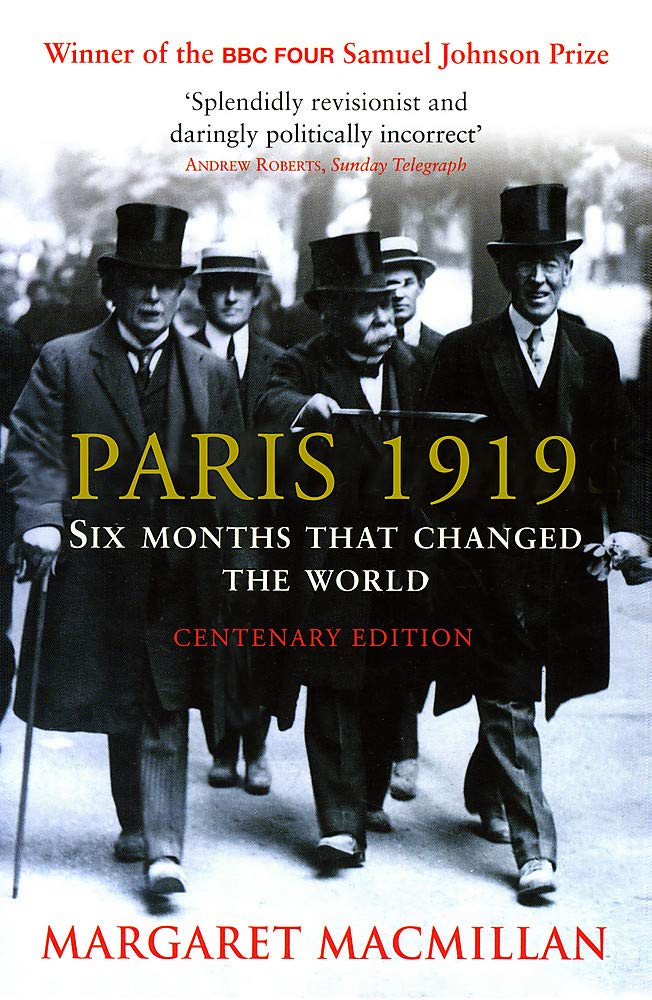
One of the things to cherish about this book — an in-depth examination of the post–World War I Paris Peace Conference — is the way MacMillan conveys the human drama of the story while elucidating its political context. Want to better understand the making of the modern world, and the emergence of the U.S. as a world power? Read this book.
The Week
Escape your echo chamber. Get the facts behind the news, plus analysis from multiple perspectives.

Sign up for The Week's Free Newsletters
From our morning news briefing to a weekly Good News Newsletter, get the best of The Week delivered directly to your inbox.
From our morning news briefing to a weekly Good News Newsletter, get the best of The Week delivered directly to your inbox.
The Best and the Brightest by David Halberstam (1972).
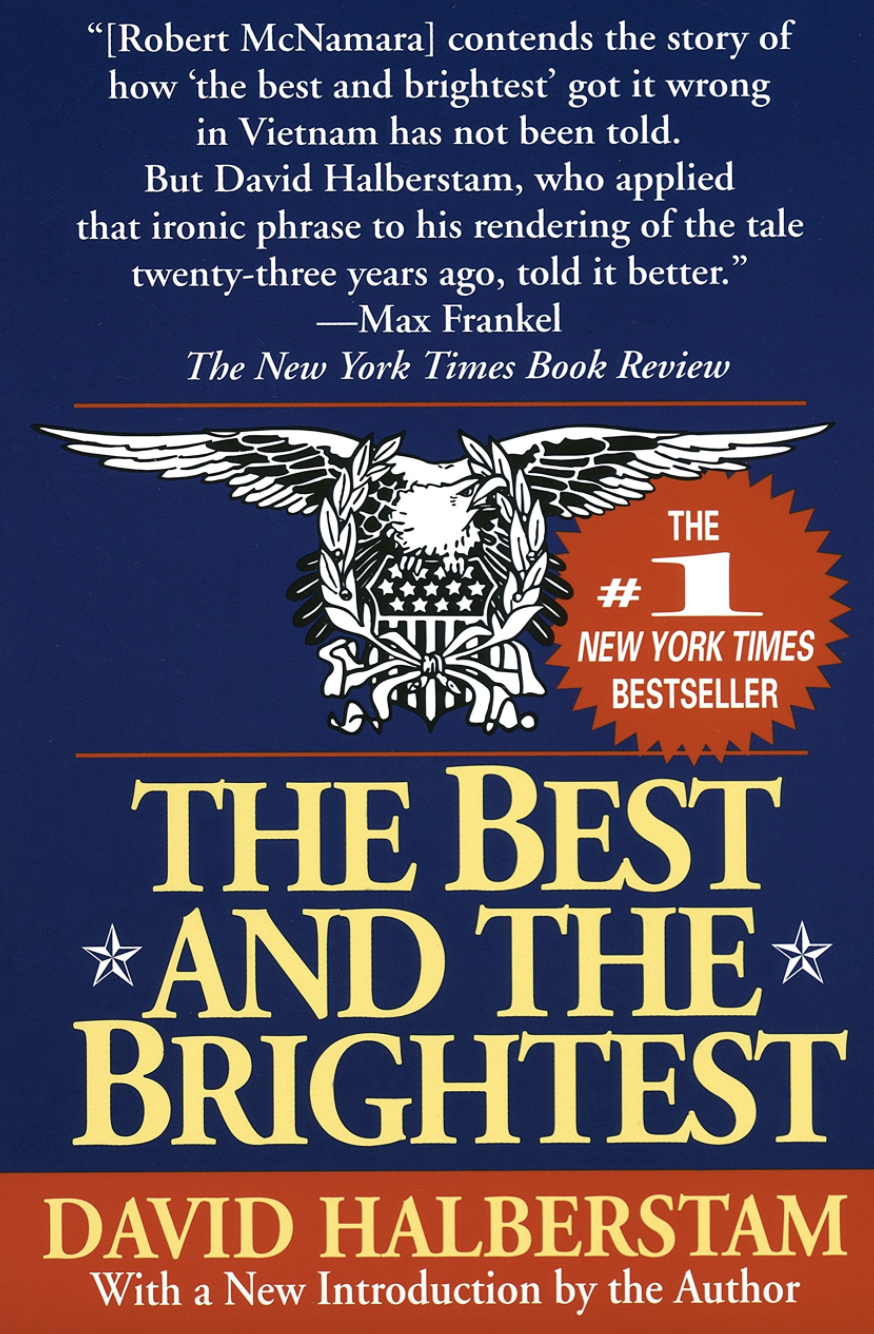
I love this sprawling, mesmerizing, essential examination of American intervention in Vietnam. Halberstam makes too much of policymakers' initial hubris, but he lays out in gripping detail the complex mix of factors that led a superpower into a morass.
Walter Lippmann and the American Century by Ronald Steel (1980).
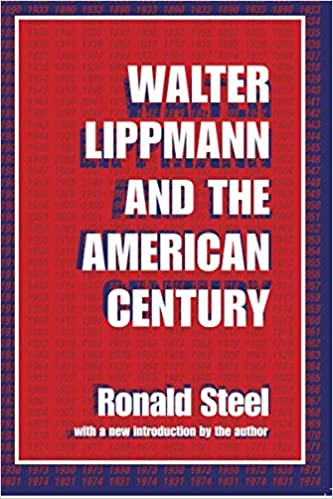
It's hard today to appreciate the extent of Lippmann's onetime influence — everyone of consequence read his "Today and Tomorrow" column. Avoid getting too close to power, Lippmann instructed his press protégés, even as he hobnobbed with the high and mighty. Steel's biography of the great journalist is an enduring masterpiece.
A free daily email with the biggest news stories of the day – and the best features from TheWeek.com
These Truths by Jill Lepore (2018).
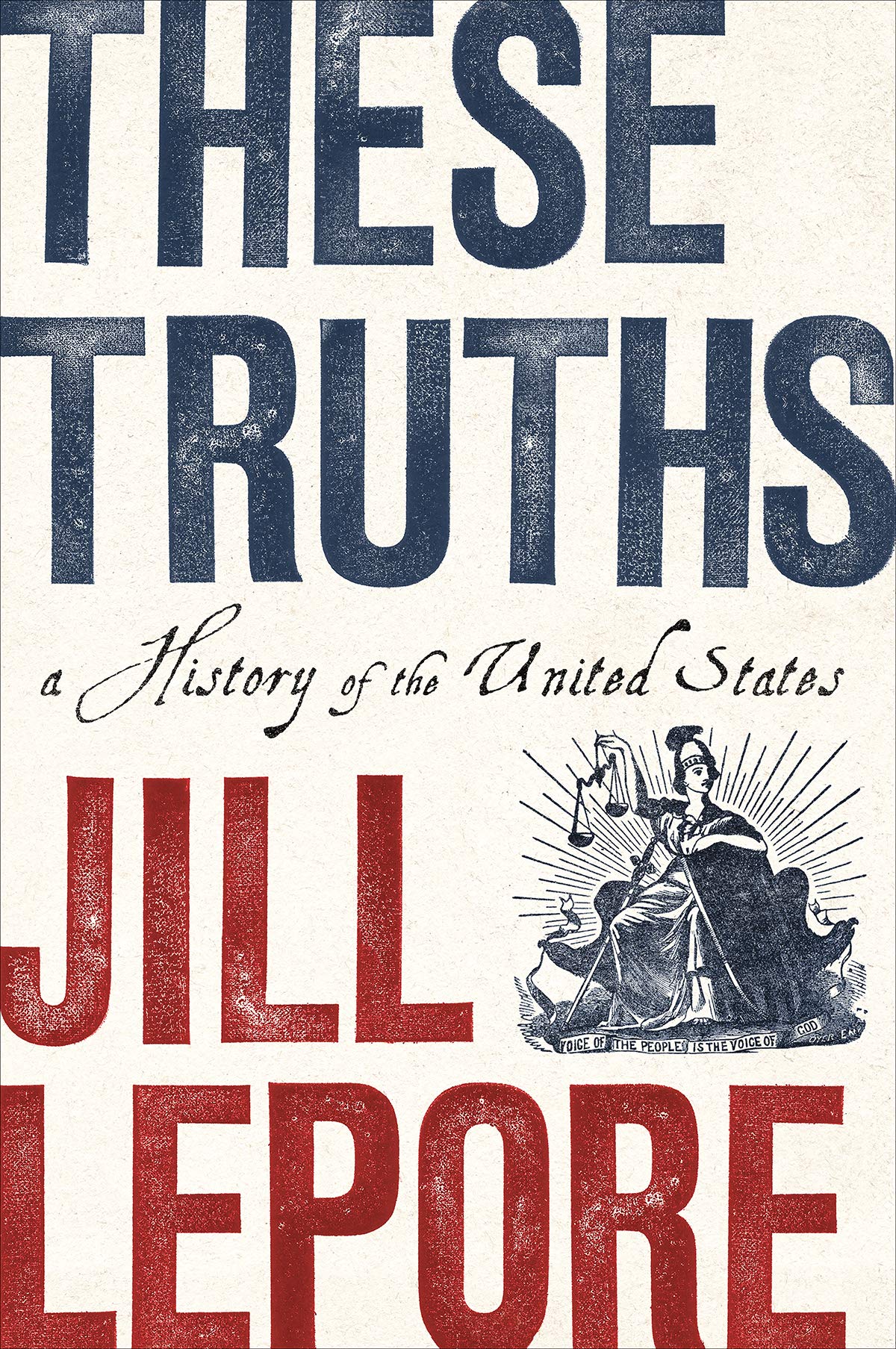
If you're like me, you'll be hooked from the first pages of this one-volume history of the United States: Lepore opens in fall 1787, with the contentious debate over the ratification of the Constitution. The core question, she writes, has never gone away: "Can a political society really be governed by reflection and election, by reason and truth, rather than by accident and violence, by prejudice and deceit?”
The Rise and Fall of the Great Powers by Paul Kennedy (1987).
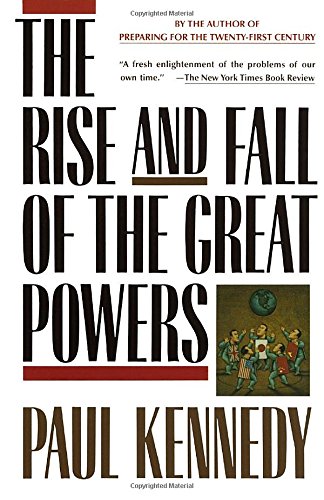
Kennedy's astounding, wide-ranging book was unputdownable when I first encountered it in grad school. Not least, it explains as few books have done the economic and political reasons for America's stunning rise.
Our Man by George Packer (2019).
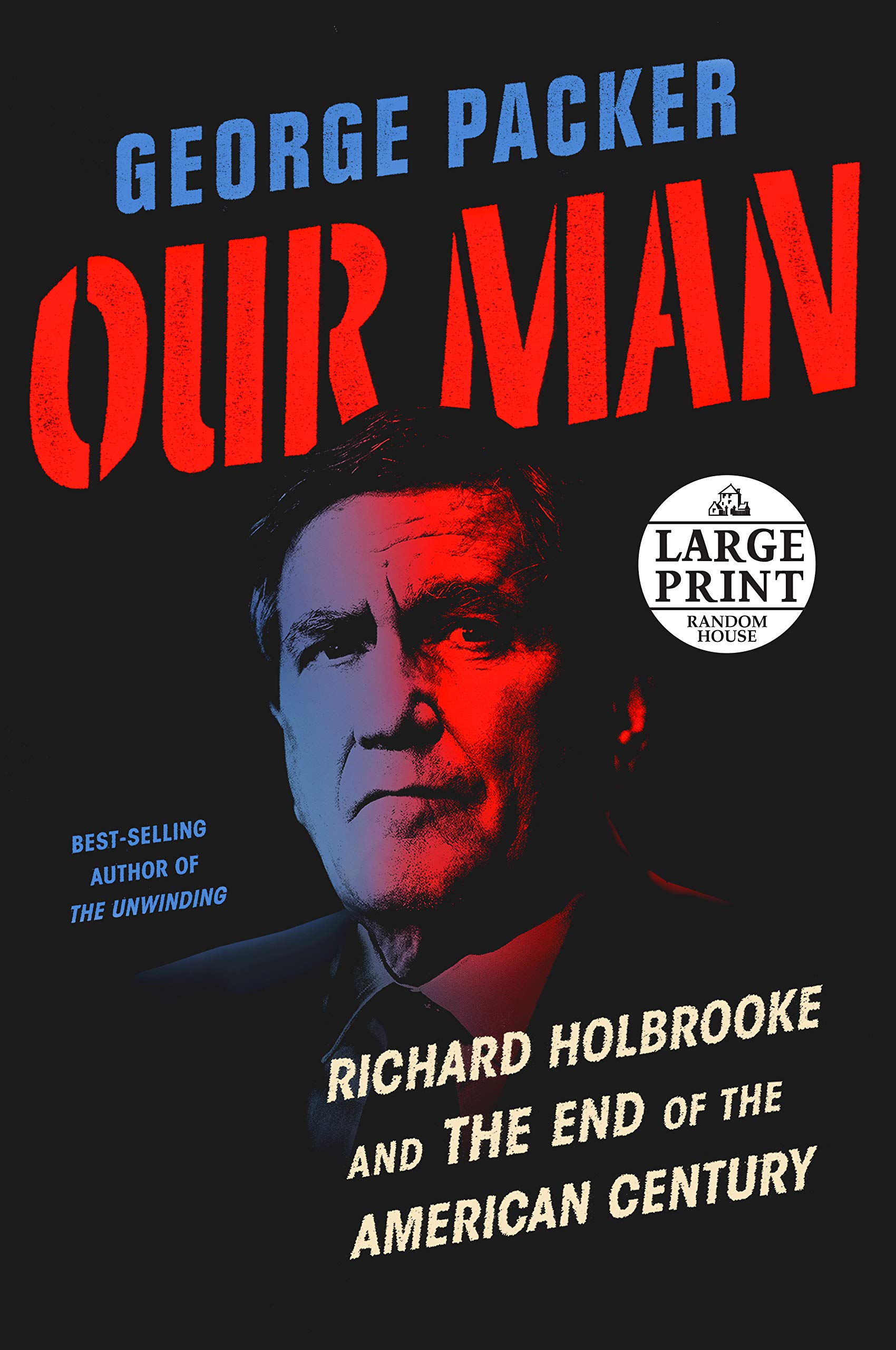
An engrossing and deeply incisive portrait of Richard Holbrooke, one of the most consequential, fascinating, and flawed figures in modern U.S. foreign policy. More than a biography, Our Man is also a history of international affairs in the troubled second half of the American Century, and an expert excavation of the Eastern establishment that dominated U.S. policymaking.
This article was first published in the latest issue of The Week magazine. If you want to read more like it, you can try six risk-free issues of the magazine here.
-
 Political cartoons for February 21
Political cartoons for February 21Cartoons Saturday’s political cartoons include consequences, secrets, and more
-
 Crisis in Cuba: a ‘golden opportunity’ for Washington?
Crisis in Cuba: a ‘golden opportunity’ for Washington?Talking Point The Trump administration is applying the pressure, and with Latin America swinging to the right, Havana is becoming more ‘politically isolated’
-
 5 thoroughly redacted cartoons about Pam Bondi protecting predators
5 thoroughly redacted cartoons about Pam Bondi protecting predatorsCartoons Artists take on the real victim, types of protection, and more